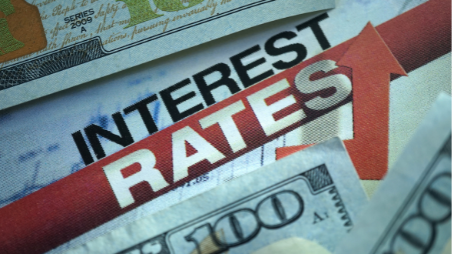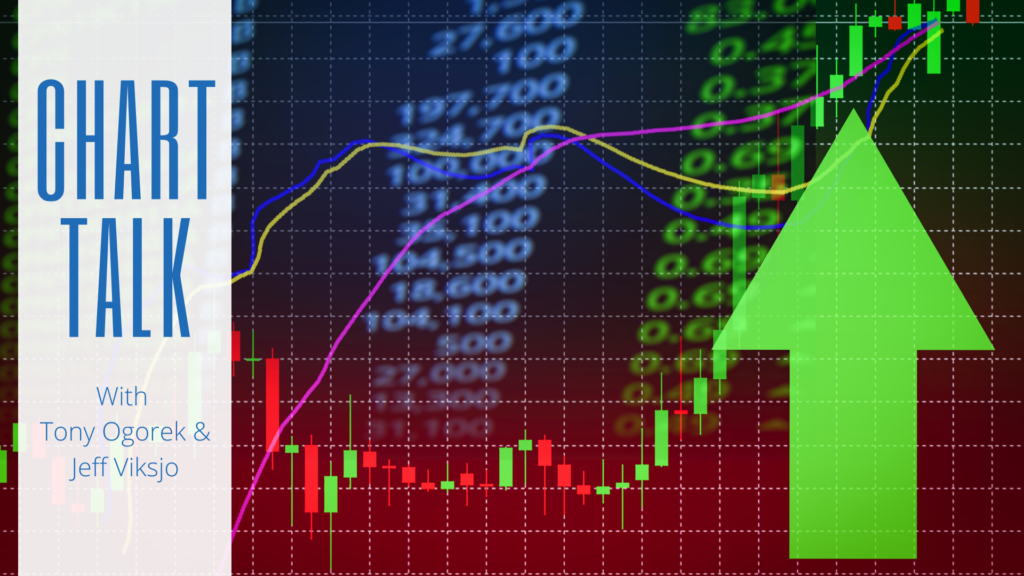Last week the Federal Reserve Bank announced that it was taking the first step in gradually reducing some of the massive stimulus that was enacted to counter the effects of the global Financial Panic of 2008. The media may focus on the eventual effects of the Fed’s tapering program, rising interest rates for auto loans and mortgages, but the positive news is that the economy is able to produce sustainable growth after five years of sub-par performance.
As with all extraordinary efforts in life, there can be side effects or consequences that may not be readily apparent at first glance. A decided positive of the Fed’s aggressive easy money policies has been inflation in the financial sector. The stock market has undoubtedly benefitted from a sustained period of Fed-induced low interest rates. In fact, one of the Fed’s goals has been to foster a so called “wealth effect” whereby the stocks in people’s investment and retirement accounts increase in value, thereby making them feel more financially secure and hopefully willing to spend more money.
The down side of the Fed’s wealth effect is that savers have been punished with bank accounts yielding next to nothing. Bondholders have also been hit with extremely low yields. These consumers cannot spend what they do not make; and they have made precious little over the past few years. The idea behind the low rate policy was to encourage risk adverse money to be invested into risky assets. Obviously the money already committed to risk assets has had a more or less free ride over the past few years. Unfortunately much of the safe money that is finally entering the market is doing so after the market has run up considerably.
Is the stock market ride over for the foreseeable future? We do not believe so. The Fed chairman, in his final press conference indicated that interest rates may have to remain low for longer than most people expected. Although the Fed’s tapering of bond buying will continue through 2014, they do not expect to have to raise their Fed Funds rate until sometime well into 2015. That intermediate low interest rate forecast is one of the main reasons that the market rallied robustly last week.
A sleeper issue right now with many market observers is inflation. Historically inflation has been described as too many dollars chasing too few goods. The Fed has been pumping trillions of dollars into the economy with scant inflationary pressures to date. This is not to say that inflation will not come back in future years, but as of now inflation remains below the Fed’s target numbers. The reason, we believe, inflation has not come back can be attributed to a persistent lack of demand in the economy.
When the Financial Panic hit, it created such widespread uncertainty that it stopped demand dead in its tracks. Despite the Fed’s efforts to artificially create demand with a sustained period of low interest rates, demand has remained slack. Demand is to the economy, what breathing is to humans. It is what drives life. When we can no longer breathe on our own, or need a temporary assist, we are put on a ventilator, A.K.A. the vent. That is essentially what the Fed has done over the past 5 years – it has put the economy on the vent and is now signaling that it is going to be slowly withdrawing its support over the next year.
With the Fed betting that demand is beginning to return to the economy as evidenced by the declining unemployment rate, observers are concerned that inflation will accompany any rising demand. This could very well be the case over a period of years, however certain other factors auger against significant gains in the rates of inflation over the near term. Technology driven job destruction continues unabated. We are in the midst a conversion to a digital economy. The business model of higher education is being severely tested with the introduction of massively open online classes. With a large portion of the twenty-something generation under employed, it would seem that wage inflation is facing some headwinds.
There can be no doubt that the economy is gradually strengthening. To what extent it is benefitting from Fed policies, or just the passing of time, we may never know. The important thing is we are on the way back.
PLEASE SEE IMPORTANT DISCLOSURE INFORMATION HERE.




